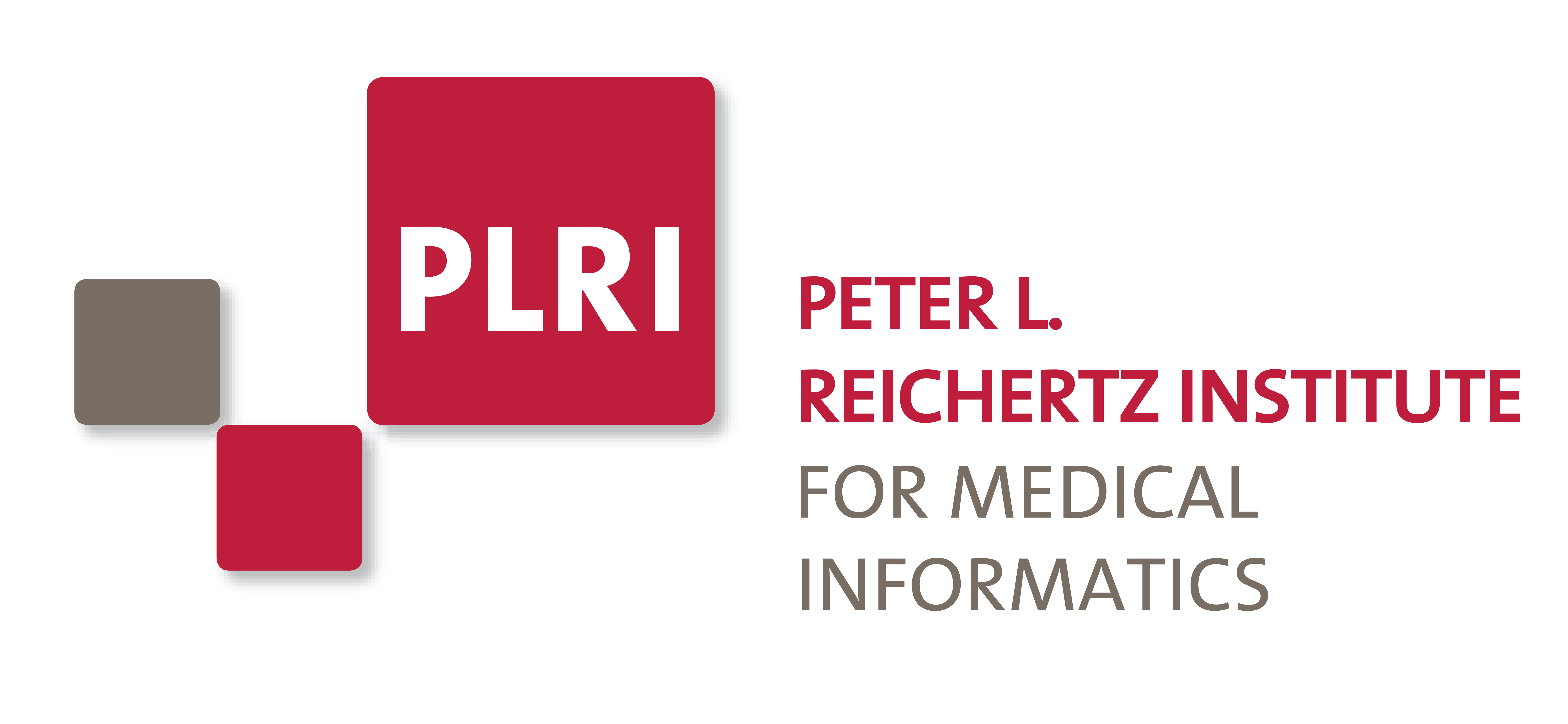Health Information Systems

Research Lead
General aim
The aim is to develop sustainable and reliable information system architectures and information management methods in order to contribute to the quality and efficiency of healthcare. We conduct research in the field of semantic interoperability in close cooperation with the Medical Data Integration Center of MHH in order to make medical care data sustainably usable according to FAIR criteria.
In the spirit of individualized medicine, we develop, implement and evaluate clinical decision support systems using artificial intelligence methods.
Focus of research
Our research focuses on trans-institutional information systems for collaborative healthcare and research as well as clinical decision support systems for individualized prevention, diagnostics and therapy. We research methods of semantic integration of heterogeneous health data (including wearables) with international standards such as openEHR, HL7 FHIR and OMOP, their use in the research and healthcare context and transactional platforms.
In the area of clinical decision support, we develop algorithms and models for the diagnosis of diseases and the prognosis of potentially dangerous events (e.g. occurrence of SIRS, sepsis or organ failure in intensive care units). These systems are implemented and evaluated, taking particular account of explainability, data protection, data security and ethical aspects. Another focus is the visualization of complex data for medical decisions and their interactive support via visualization technologies.
PLRI employees work in numerous national (including the BMBF's Medical Informatics Initiative) and international committees and working groups (EFMI, IMIA, IEEE EMBS).





